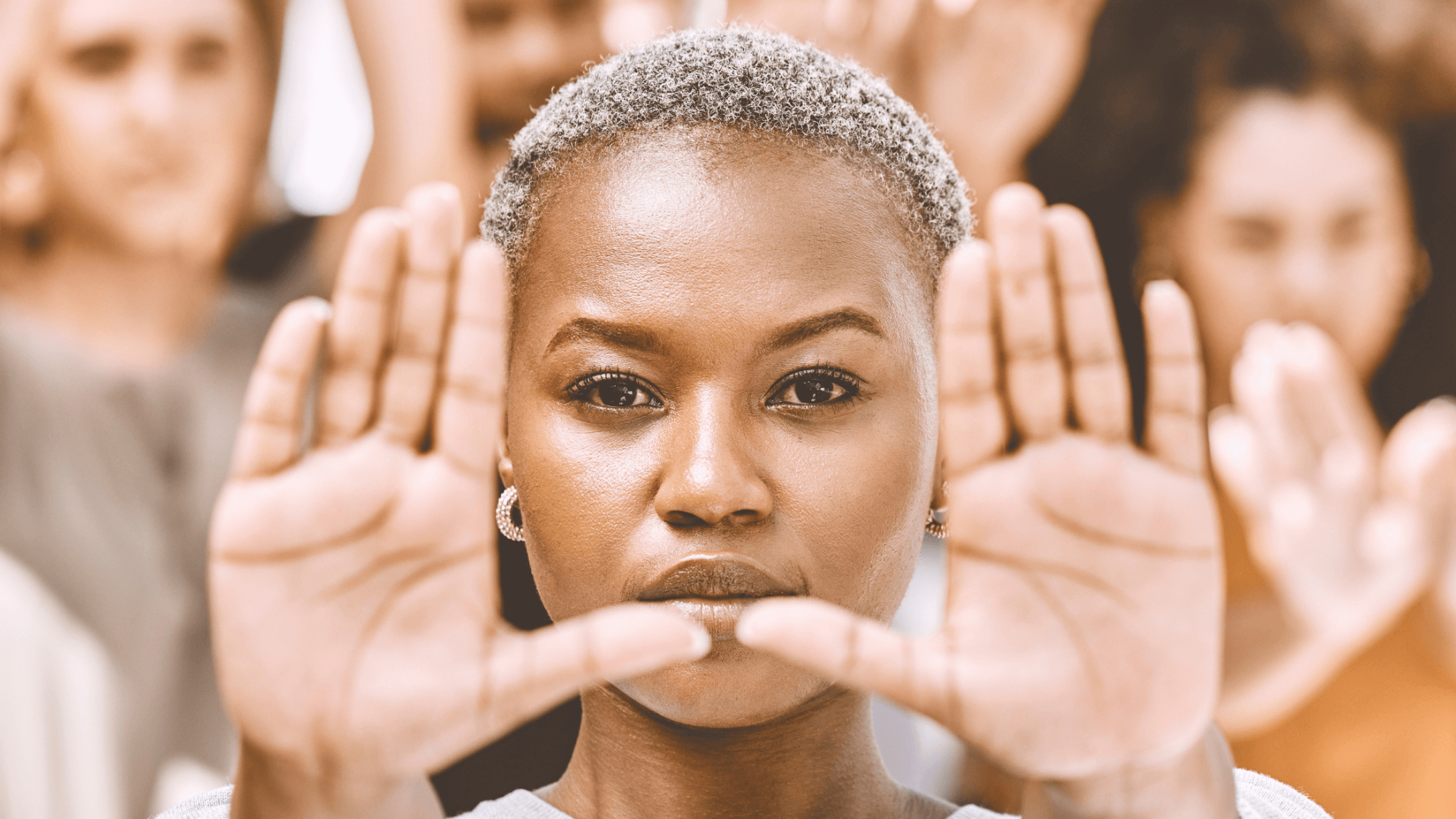
During the month dedicated to celebrating the strides made in women’s rights, it’s imperative to reflect on the intertwined nature of the fight against corruption and the advancement of gender equality. Corruption isn’t just a financial or political nuisance; it’s a formidable barrier to achieving justice and equality for women worldwide.
At Lawyers Without Borders Canada, we firmly believe that addressing corruption is paramount to securing and advancing women’s rights. Here’s why.
Corruption’s Impact on Women’s Rights
Corruption seeps into various facets of society, profoundly affecting women’s lives: from misappropriation of public funds, barriers to accessing justice, even in the incorporation of their perspectives in decision making. Here are a few examples.
Access to services and resources
Corruption can hinder women’s equitable access to basic services like healthcare, education, and justice. When funds meant for these services are diverted or misappropriated, women and girls are the most affected, perpetuating socio-economic inequalities that place them in a position of dependence on public services.
Gender-based violence
Corruption in judicial and police systems can lead to impunity for perpetrators of gender-based violence. Failure to enforce the law, bribery, and networks of power can allow perpetrators to evade accountability, thus perpetuating the cycle of violence and depriving women of the justice and protection they deserve.
Political participation
Corruption in politics and electoral processes can hinder women’s effective participation in political and public life. Corrupt practices like bribery and coercion can make it difficult for women to access leadership positions and political representation, limiting their ability to influence policies that affect their lives.
Employment discrimination
Corruption in hiring and promotion processes can perpetuate gender discrimination in the workplace. Women face additional obstacles in accessing decent and well-paid jobs when they encounter corrupt practices such as nepotism or favoritism.
Our commitment: identifying state obligations to combat corruption from a human rights perspective.
Strengthening democracy and the rule of law is closely linked to fighting corruption. It’s vital to work together to identify and address state obligations to combat corruption from a human rights perspective. This is crucial to promote gender equality and ensure that women’s rights are protected and respected in all spheres of society.
The commitment to fight corruption from a feminist perspective is an integral part of our organization’s work and is essential for advancing towards a fairer and more egalitarian society for all people, regardless of their gender.
- Monitoring guidelines with a human rights and gender perspective to prevent corruption – Honduras
- First Oversight Report: Election Process for Supreme Court Justices in Honduras
- Second Oversight Report: Election Process for Supreme Court Justices in Honduras
- Guide for using recommendations from international bodies and mechanisms – Honduras
- An indispensable guide to the fight against corruption in Haiti